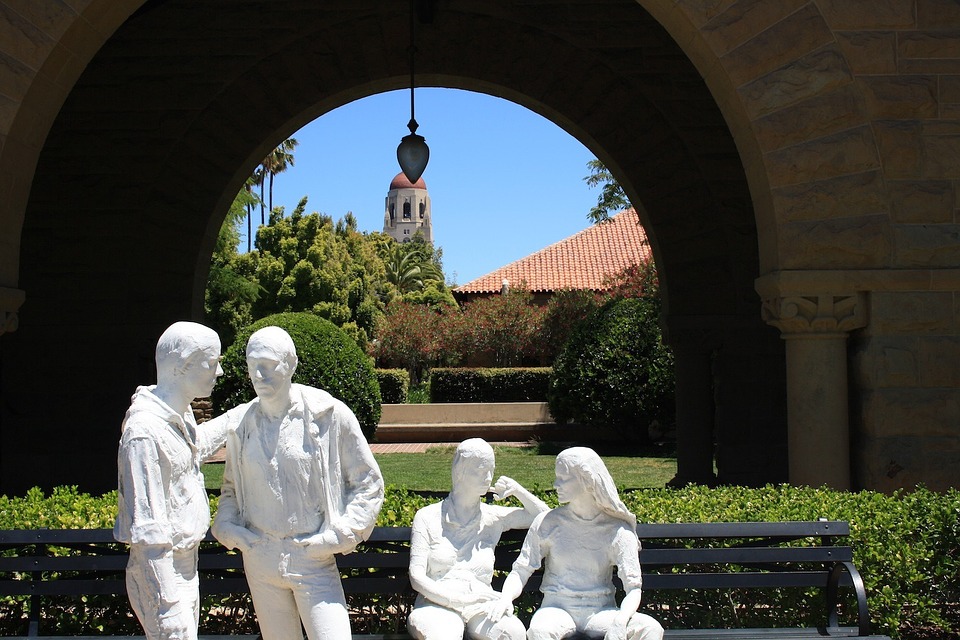I wrote that I liked to talk about existentialism on the piece of paper that my RAs put up on my door to stimulate friendships. It was a joke. Kind of.
In the four weeks I have been here, I have not casually discussed existentialism with my dormmates. But I have been probed to ask existential questions by my Education as Self-Fashioning (ESF) class. These questions are not about my existence overall, but about my existence here at Stanford as a student: What is my duty as a Stanford student? What is my duty as an educated woman in 2018? What do we get from being educated, beyond a good job and a comfortable salary?
Through ESF, I have explored the intangible benefits of education. Education frees the soul. It grants us a greater grasp on the general workings of the universe. It allows us to expand our perspective beyond our singular experience, increasing our empathy and understanding of humanity.
Freedom is great. So is empathy and understanding and contemplation. But to pretend we are all here at Stanford for the sole purpose of intellectual enlightenment would be a fallacy. The margin by which income, job prospects and overall quality of life increases with the addition of a four-year degree is not to be glossed over – the average alumnus of Stanford is making $130,000. That is more than double the median income of the United States.
The pragmatic goals attached to this education must be paired with the abstract questioning of its greater purpose. I do not believe Stanford students are money-hungry tycoons, but rarely do we take the time to reflect on what it means to be educated, and what comprise our duties as educated citizens that extend beyond securing a job post-graduation. Everyone should have to ask the questions ESF requires students to ask. To work hard to get to Stanford, and then not test what really being here should mean would be to waste possibly the greatest educational resource, or resource in general, that we will ever encounter.
Education is transformative. We all know that because we are among the most educated population in the world. It is essential to examine all aspects of said transformation. Education grants a deeper understanding of humanity, and a deeper understanding of humanity creates more empathetic citizens.
So go get that job. Get every degree and take up every single advantage you can while you are here. This place costs way too much to ignore the monetary and life quality benefits. But be the fantastic multi-tasker you are and probe the core of why you are here: What does it mean to be educated? What, fundamentally, do you wish to question? What duty do you hold as an educated human being on planet Earth in 2018?
I wrote on my door that I wanted to talk about existentialism, so here I am writing about the questions that face Stanford students’ existence. In the margins of your notes, the space between your p-set problems, and the paragraph breaks in your essays, take a moment to think about why this expansion of the mind matters so much. What does it mean to be educated?
Contact Grace Scullion at gscull ‘at’ stanford.edu.
